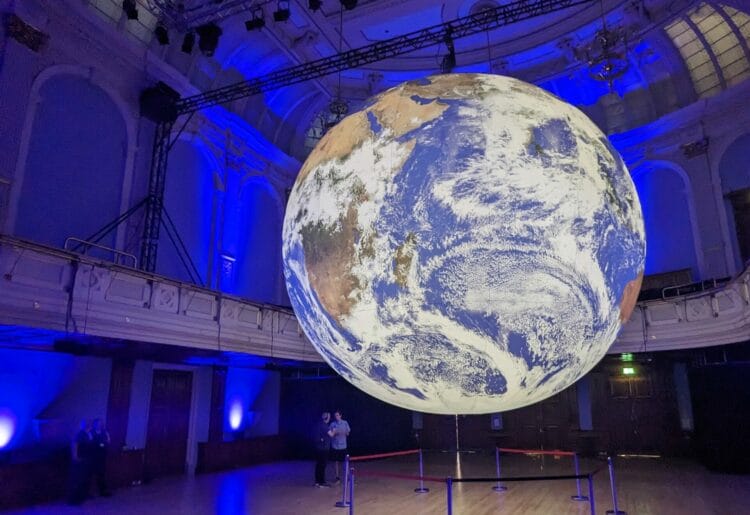THE UNIVERSITY of Reading has laid out a number of research projects, proposals, and student courses to understand climate change through artificial intelligence.
It comes as artificial intelligence continues to develop and its use as a tool is constantly tested in new fields.
Last year, the university began offering its new Climate Change and AI course for Masters’ students, which aims to help scientists and engineers use AI and machine learning to solve some of the world’s biggest environmental problems.
Students learn about both climate change and artificial intelligence in what is believed to be the first postgraduate course of its kind in the UK.
It was designed to help students looking to improve their understanding of both fields ahead of potential managerial positions which will benefit from the understanding of both disciplines.
It has also laid out a number of subsequent proposals and projects which seek to develop better understanding of climate science.
These include using AI to analyse the effects of climate change of vegetation, which plays a vital role in our ecosystems, or analysing satellite imagery to better understand weather patterns.
They are also building applications to predict energy demand and examine current weather models, such as those used to forecast storms and hurricanes.
It is another development which further establishes Reading as a significant contributor to solving the climate crises, and comes weeks after Reading East MP Matt Rodda was appointed as the Labour Party’s shadow minister for artificial intelligence and intellectual property.
Reading climate scientist Dr Kieran Hunt, who supervised one of the first cohort of students of the course, said: “COP28 attendees will be talking about some of the cutting-edge technology being used to win the fight against climate change.
“At Reading, we’re teaching our students to use AI for the good of the planet– Climate change presents many problems and it will take a lot of ingenuity to conquer them.
“AI is becoming a big part of our lives, and the artificial intelligence we’re working with is actually quite similar to the technology used in chat bots or image generators.”
He explained: “Our students have a unique opportunity to create and use exciting new tools to help communities vulnerable to the worst effects of climate change.”
The University of Reading is now accepting applications for prospective students to start in September 2024.
More information about the MSc Climate Change and Artificial Intelligence course is available via: reading.ac.uk/ready-to-study
























